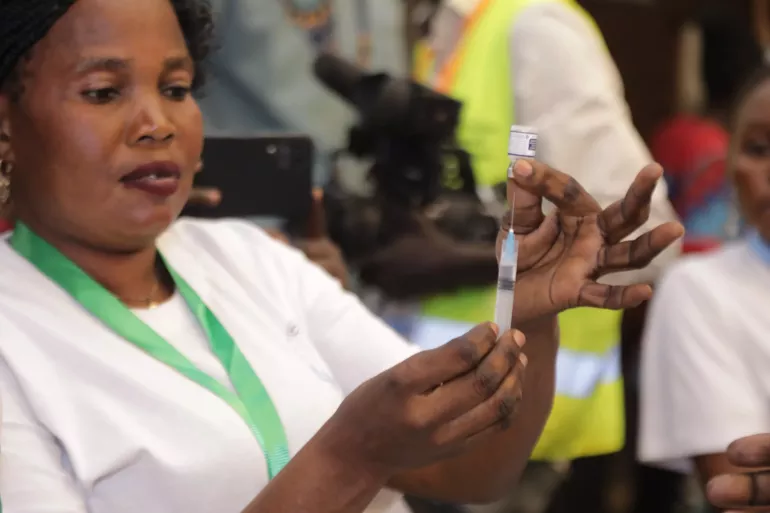South Sudan, with the support of United Nations agencies, has launched two essential vaccines aimed at protecting children under five from pneumonia and severe diarrhoea—two of the country’s leading causes of child mortality.
Speaking at the launch event in Juba, Anin Ngot Ngot Mou, Undersecretary at the Ministry of Health, described the rollout as a “game changer” in the fight against preventable childhood diseases.
“Today, we are taking a bold step toward securing the health and future of our children,” said Ngot. “Pneumococcal disease is a leading cause of pneumonia, meningitis, and sepsis, particularly in children under five.”
The two new vaccines—pneumococcal conjugate vaccine (PCV) and rotavirus vaccine—will be integrated into South Sudan’s Expanded Program on Immunisation (EPI), a global initiative launched by the World Health Organization (WHO) in 1974. Ngot added that health workers are currently undergoing training and that public awareness campaigns are being rolled out to promote community acceptance and ensure widespread coverage.
Obia Achieng, Deputy Representative for UNICEF in South Sudan, confirmed that the vaccination campaign will reach all 10 states and three administrative areas. Special focus will be given to vulnerable populations in remote and conflict-affected regions.
“This is a major milestone for South Sudan’s immunisation system,” Achieng said, emphasizing that the formal introduction of both vaccines marks a critical advancement in public health.
Despite the progress, Achieng acknowledged ongoing challenges, noting that nearly 40 percent of children in South Sudan live more than five kilometers from the nearest health facility, and many remain displaced due to ongoing insecurity.
Mutale Senkwe, WHO’s Deputy Representative in South Sudan, reinforced the country’s commitment to protecting children through vaccination.
“Since the launch of the EPI, vaccines have saved more than 50 million lives across Africa,” Senkwe stated. “In 2024, a child in Africa is 50 percent more likely to survive to their next birthday because of the power of vaccines.”


COMMENTS